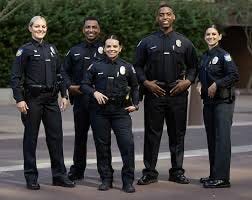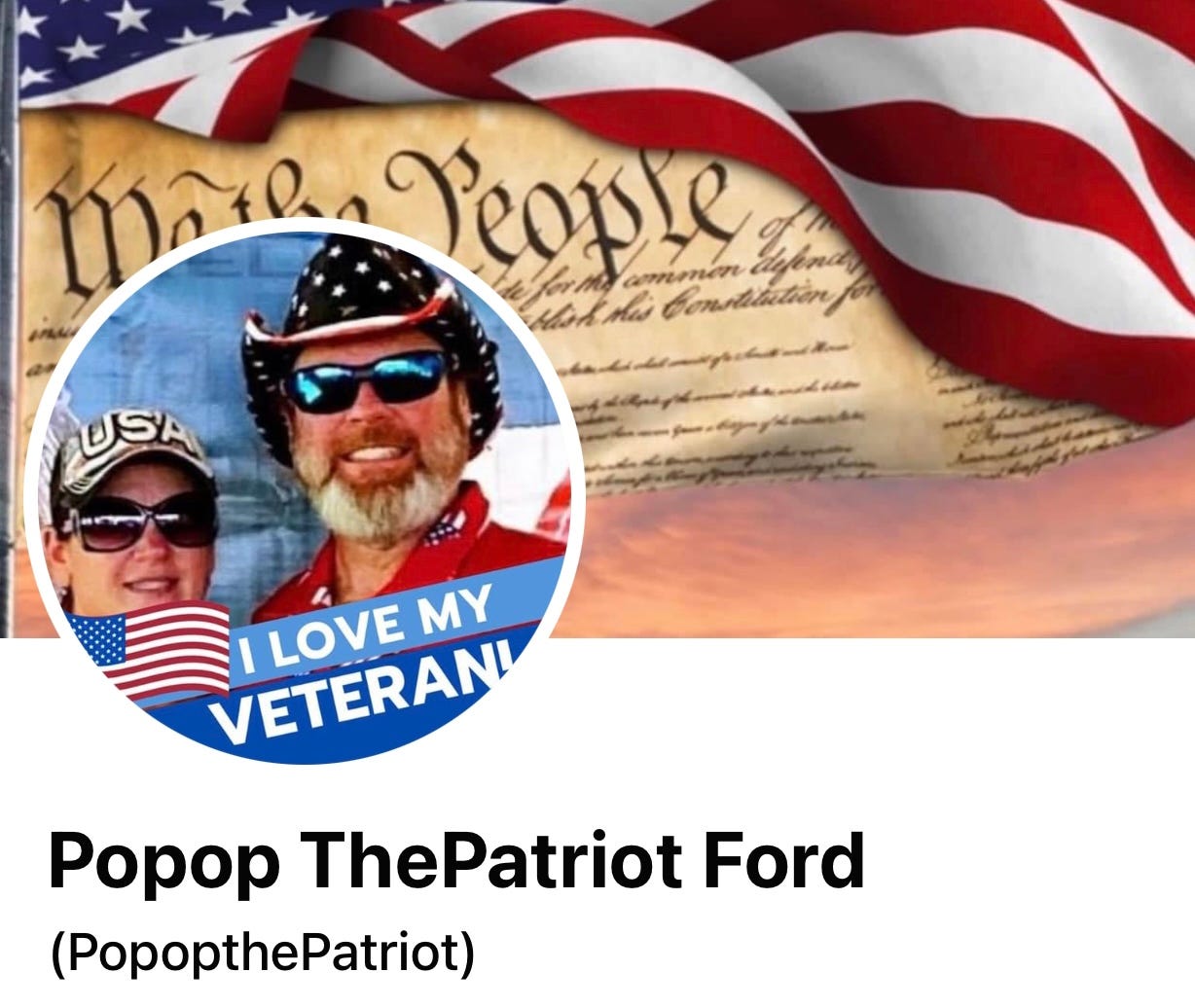Introduction
Police officers are sworn to uphold the law and protect the citizens, but the reality is that some officers violate their oath of duty by committing serious crimes such as DUI and domestic violence. Despite the seriousness of these crimes, arresting officers often show empathy and compassion towards their fellow officers, raising questions about the loyalty and trustworthiness of such officers. Furthermore, the use of undercover police officers and unmarked cars to troll cities for minor crimes may be seen as a betrayal of the public's trust rather than serving and protecting them. This paper will explore the issue of police officers violating their oath of duty, the use of undercover officers, and the impact these issues have on the criminal justice system and the public's trust in law enforcement.
Police Officers and Serious Crimes
A study by the National Institute of Justice found that police officers are more likely to be arrested for domestic violence than the general population. The study found that officers were involved in domestic violence incidents at rates 2-4 times higher than the general public. This is a troubling trend as police officers are sworn to protect the citizens they serve, yet some officers are committing crimes against those they are supposed to protect.
Additionally, police officers who violate the law are often shielded by qualified immunity. Qualified immunity is a legal doctrine that protects government officials from civil liability for actions taken in the course of their official duties. This doctrine has been used by police officers to escape accountability for civil rights violations. The use of qualified immunity has been criticized by civil rights groups who argue that it allows police officers to violate the rights of citizens without consequence.
Empathy towards Fellow Officers
Despite the seriousness of crimes committed by fellow officers, arresting officers often show empathy and compassion towards them. This can be seen as a sign of the camaraderie and brotherhood that exists within law enforcement. However, it also raises questions about the loyalty and trustworthiness of officers who are willing to violate their oath of duty. If an officer is willing to violate the law that they are sworn to uphold and protect, how can they be trusted to have the back of their fellow officers in the line of duty?
The use of empathy towards fellow officers can also be seen as a sign of the culture of silence that exists within law enforcement. The "thin blue line" mentality, which is the belief that police officers must protect each other from outsiders, can lead to a culture where officers are hesitant to report the misconduct of their fellow officers. This can lead to a lack of accountability and further erode public trust in law enforcement.
Undercover Officers and Unmarked Cars
The use of undercover police officers and unmarked cars to troll cities for minor crimes has been a controversial issue. A report by the ACLU found that in some cities, traffic stops made by unmarked cars accounted for a significant portion of all traffic stops, leading to concerns of racial profiling and abuse of power. Additionally, studies have shown that the use of undercover officers can lead to entrapment and wrongful convictions.
The use of undercover officers and unmarked cars can also lead to confusion and mistrust among the public. When citizens are pulled over by an unmarked car or confronted by an undercover officer, they may be unsure if they are dealing with a legitimate law enforcement officer or a criminal impersonating an officer. This can erode public trust in law enforcement and lead to dangerous situations for both officers and citizens.
Conclusion
In conclusion, the issue of police officers violating their oath of duty, the use of undercover officers, and the impact these issues have on the criminal justice system and the public's trust in law enforcement is a complex and multifaceted issue. While police officers play a critical role in maintaining law and order, the issue of fellow officers committing serious crimes and the use of undercover officers and unmarked cars raises concerns about the integrity.
As a result, there have been increasing calls for reform, including the elimination of qualified immunity, a legal doctrine that shields law enforcement officers from being held personally liable for actions taken in the course of their duties. While some argue that qualified immunity is necessary to protect officers from frivolous lawsuits, others point out that it has been used to protect officers who have violated citizens' rights, such as the case of George Floyd's murder by a Minneapolis police officer in 2020.
Critics of qualified immunity argue that it allows officers to violate citizens' rights with impunity, and it hinders the ability of victims to seek justice. Moreover, it can perpetuate a culture of impunity and lack of accountability within law enforcement agencies, which undermines the public's trust in the police.
To address these issues, some cities and states have taken steps to reform qualified immunity. For example, in March 2021, the Colorado state legislature passed a bill that eliminates qualified immunity as a defense for law enforcement officers accused of violating citizens' constitutional rights. Similarly, in April 2021, the New Mexico state legislature passed a bill that limits the use of qualified immunity as a defense in civil cases against law enforcement officers.
While these reforms represent a step in the right direction, there is still a long way to go to ensure that police officers are held accountable for their actions, and the public's trust in law enforcement is restored. Ultimately, the issues of fellow officers committing serious crimes, the use of undercover officers and unmarked cars, and qualified immunity are all interconnected, and they highlight the need for fundamental reform of the criminal justice system.
In conclusion, police officers play a crucial role in maintaining law and order, but their ability to fulfill their duties is undermined when they themselves commit serious crimes, and when their actions erode the public's trust in law enforcement. The use of undercover officers and unmarked cars can also undermine trust and lead to abuses of power, and qualified immunity can shield officers from accountability for their actions. Therefore, comprehensive reforms are needed to address these issues and ensure that law enforcement officers are held accountable for their actions, and that the public's trust in law enforcement is restored.









Sort had an edit